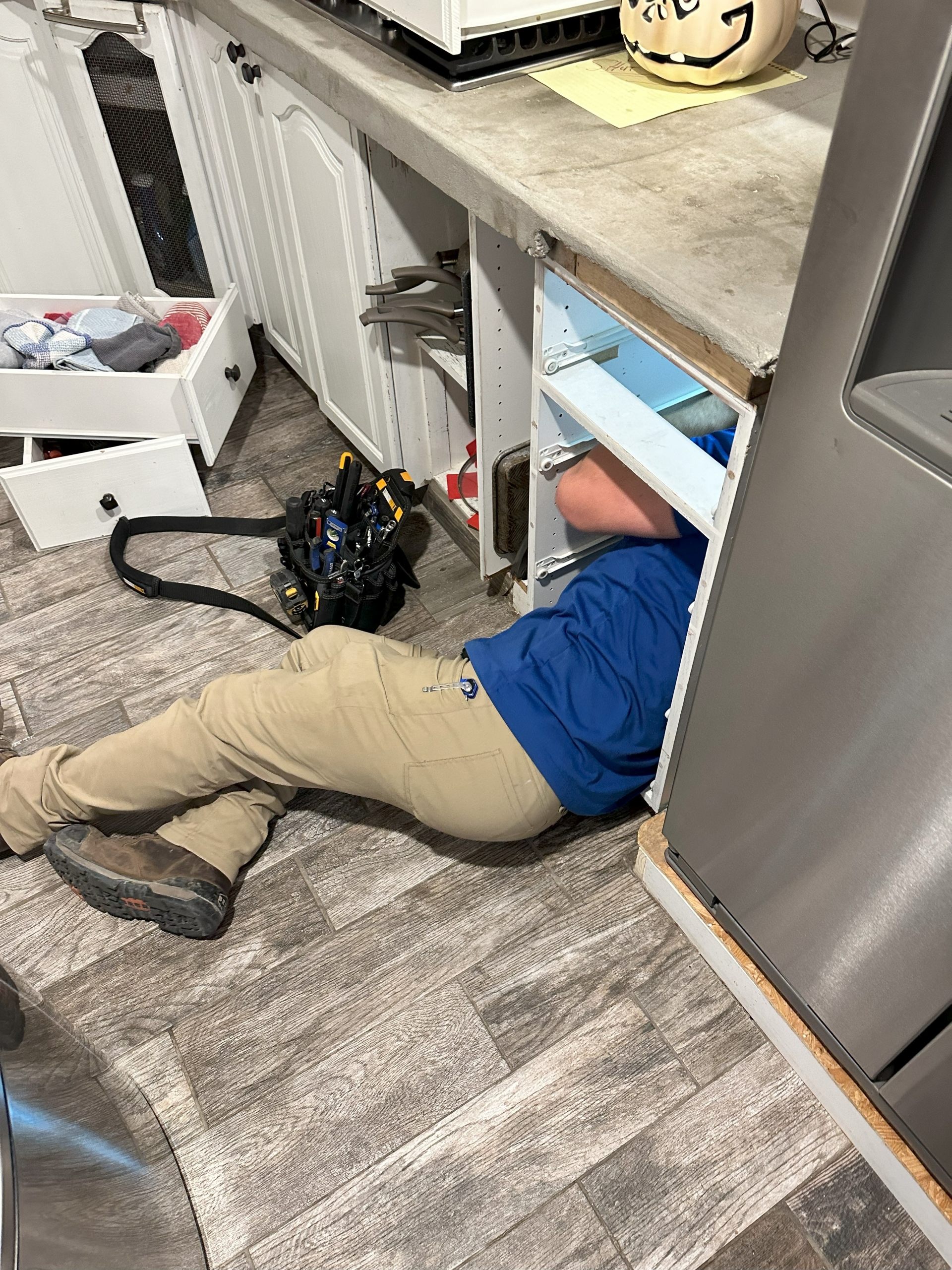The water heater is an essential component of any home, as it provides hot water for daily activities such as showering, washing dishes, and doing laundry. Choosing the right water heater for your home can be a complex decision, with factors such as energy efficiency, cost, and available space playing significant roles. The two most common types of water heaters are tankless (also known as on-demand) and storage tank systems. Each type has its pros and cons, and understanding these differences is crucial in making the right choice for your home’s needs.
As a provider of plumbing, heating, air, and electrical work across Salt Lake and Utah Counties, we’re here to guide you through the process of selecting the ideal water heater for your home. We will compare tankless and storage tank water heaters, delving into their key features, advantages, and drawbacks, so you can make an informed decision on the best system to suit your requirements.
Tankless Water Heaters: How They Work and Advantages
Tankless water heaters, also known as on-demand or instantaneous water heaters, heat water as needed, rather than storing a supply in a tank. When you turn on a hot water faucet, cold water travels through a pipe into the unit, where it’s heated by either a gas burner or an electric heating element. Here are some key advantages of tankless water heaters:
- Energy Efficiency: Tankless systems can be more energy-efficient than storage tank systems because they eliminate standby heat loss. By heating water only when required, they prevent wasting energy to maintain the temperature of a stored supply.
- Space-Saving: Tankless units are generally compact, wall-mountable, and can free up valuable floor space in your home.
- Continuous Supply of Hot Water: A properly sized tankless water heater can supply a virtually endless stream of hot water, ensuring you never run out during daily activities.
- Longer Lifespan: Tankless water heaters tend to have a longer service life compared to storage tank units, often ranging from 15 to 20 years when well-maintained.
Tankless Water Heaters: Drawbacks and Considerations
Despite their advantages, tankless water heaters also have some drawbacks that you should consider:
- Higher Initial Costs: Tankless units often come with higher upfront costs compared to storage tank systems, including the purchase price and installation expenses.
- Potential for Limited Flow Rate: A tankless water heater’s capacity to deliver hot water is limited by its flow rate. If multiple hot water appliances are in use simultaneously, the unit might not be able to keep up with the demand.
- Gas Models May Require Venting Modifications: Gas-fueled tankless water heater units usually require a dedicated venting system, which can necessitate modifications to your home during the installation process.
Storage Tank Water Heaters: How They Work and Advantages
Storage tank water heaters are the most common type of water heating systems in homes. They store and maintain a set volume of heated water, typically ranging from 30 to 80 gallons. Key advantages of storage tank water heaters include:
- Lower Initial Costs: Storage tank water heaters generally have lower upfront costs, including the purchase price and installation fees, when compared to tankless systems.
- Easy Replacement and Installation: If you already have a storage tank system in place, replacing it with a similar unit can be a more straightforward process. The existing infrastructure is usually compatible, simplifying installation.
- Simple and Reliable Operation: Storage tank systems are less complex, with fewer components than tankless systems, making them more straightforward to operate and maintain.
Storage Tank Water Heaters: Drawbacks and Considerations
Some potential drawbacks of storage tank water heaters include:
- Energy Inefficiency: Energy can be wasted as a storage tank system continually maintains the temperature of the stored water, even when hot water is not in use.
- Limited Hot Water Supply: Once the stored hot water is used up, you may need to wait for the tank to refill and heat the new water, temporarily leaving you without hot water.
- Larger Footprint: Storage tank water heaters occupy more floor space compared to tankless systems and can be more challenging to fit into smaller areas.
Factors to Consider When Choosing Your Water Heater
When deciding between a tankless or storage tank water heater for your home, several factors can help guide your choice:
- Hot Water Demand: Assess your household’s hot water needs, including the number of occupants, usage habits, and peak hot water demand times. This information can help you determine the appropriate capacity and flow rate for your new water heater.
- Available Space: Evaluate the space where the water heater will be installed. If space is limited, a tankless unit might be a more appealing choice.
- Energy Efficiency Priorities: If the primary concern is energy efficiency, a tankless water heater may be a better long-term investment.
- Budget Constraints: If upfront cost is a significant factor, a storage tank water heater might be a more affordable option.
Make an Informed Decision with Expert Help
The choice between tankless and storage tank water heaters comes down to your unique requirements, preferences, and constraints. Both systems have their distinct advantages and considerations, making it crucial to weigh your options and assess your household’s specific needs before making a final decision.
As an experienced provider of plumbing, heating, air, and electrical work across Salt Lake and Utah Counties, our team of experts is committed to helping you find the best water heater solution for your home. We’re here to answer your questions, provide guidance based on your needs and preferences, and ensure a seamless installation process. Don’t hesitate to reach out to us at Expert Services – Plumbing, Heating, Air & Electrical today to discuss your water heater installation service in Bountiful, UT and take the first step toward enjoying a reliable and efficient source of hot water in your home.
